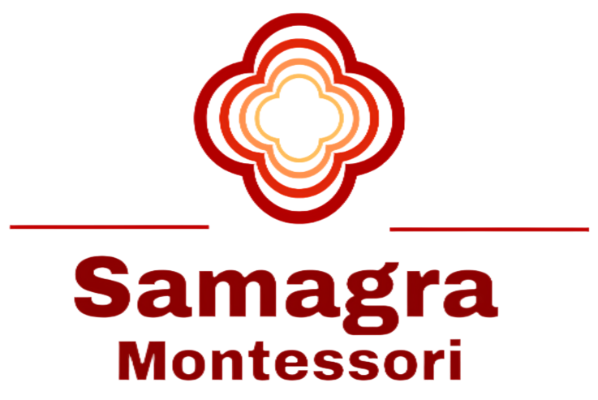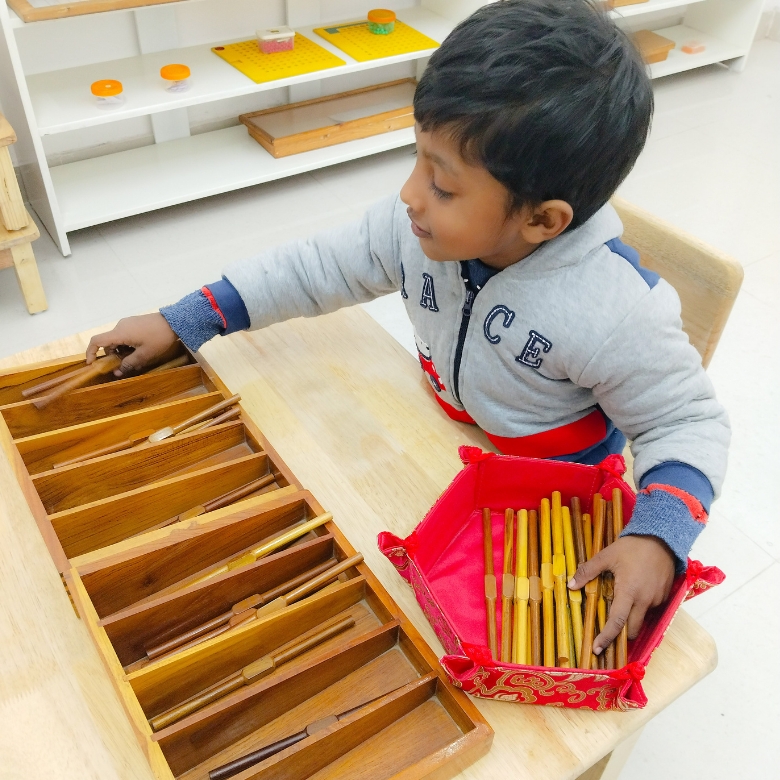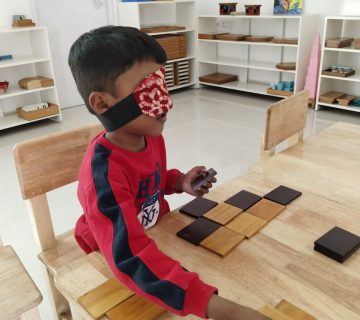In the rush of school admissions, activity classes, and developmental milestones, one simple truth often gets overlooked: a child’s lifelong learning foundation is laid in the first six years of life. This isn’t just a Montessori belief—it’s backed by neuroscience.
At Samagra Montessori, we view these early years not merely as a starting point, but as the most transformative phase of human development. During this time, a child’s brain is more active, adaptable, and open than at any other stage in life. And it’s here that Montessori education makes its most meaningful impact.
Dr. Maria Montessori described children from birth to six as having an “absorbent mind.” At this age, children don’t just learn—they absorb their environment with ease. They naturally pick up language, movement, emotional expression, and social behavior simply by living in a space that supports their development. Unlike later stages of education, which rely on repetition and reasoning, early learning happens effortlessly and joyfully. A child can learn multiple languages without formal teaching, just by hearing them spoken regularly.
Montessori classrooms are designed with this natural genius in mind. Every material, every activity, and every routine is carefully curated to support a child’s curiosity and drive to explore. These environments are not crowded with toys but filled with meaningful tools that encourage self-discovery, coordination, and joy in learning.
Between birth and age six, children also experience what Dr. Montessori called “sensitive periods”—unique windows of time when specific skills and abilities develop more easily. These include sensitivity to language, order, movement, and sensory refinement. During these phases, children are drawn toward certain activities, and if given the right environment, they master these skills with ease and enthusiasm. A child in a language-sensitive period, for example, thrives in a space where real conversations happen, and vocabulary is rich and precise.
Missed opportunities during these sensitive periods can make learning harder later. But when supported well, development becomes natural, fluid, and joyful.
Montessori education during these years focuses far beyond academics. It nurtures the whole child. We guide them toward independence—where “help me do it myself” is a mindset, not just a phrase. Through purposeful work, even young children develop concentration and perseverance. Emotional intelligence is built through daily grace and courtesy lessons that emphasize empathy, respect, and patience. And because nothing is forced, curiosity never fades.
At Samagra Montessori, our classrooms are calm, intentional, and inspiring. Materials invite exploration, not instruction. Teachers observe and guide, rather than command. Children thrive—not only in skills but also in self-confidence, self-awareness, and compassion.
When we honor these early years with respect, trust, and love, we lay the groundwork for children who are not only capable learners but also grounded, joyful human beings.
So yes, the first six years matter. They don’t just shape a child—they shape the adult they’ll become.
Curious about how Montessori works in action? Come visit us at Samagra Montessori. You won’t just see a classroom—you’ll see the future unfolding, one child at a time.




No comment